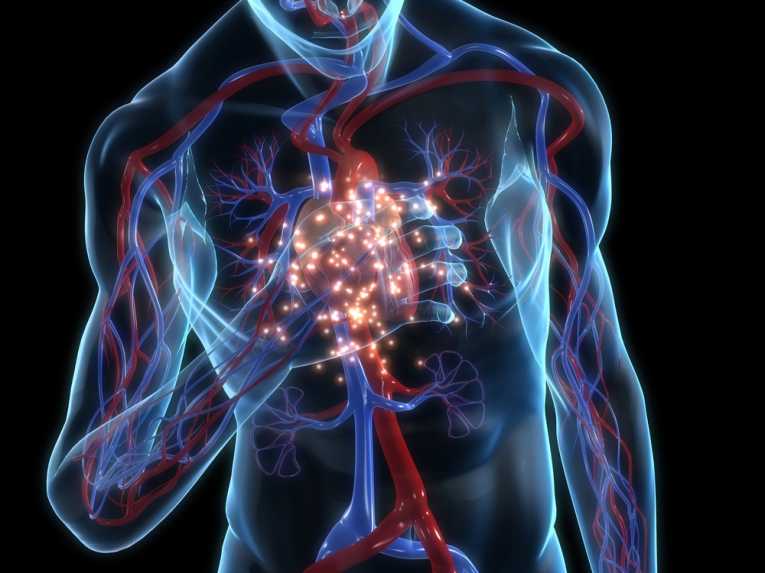The death of someone close raises the risk of a heart attack by up to 21 times and can cause a 'broken heart', a study has found.
The five-year study of around 2,000 victims of myocardial infarctions (heart attacks) found the risk was around 21 times greater within the first day of the death of a loved one and eight times more within the first week, the study from Beth Israel Deaconess Medical Center (BIDMC), Boston, USA, found.
The lead author, Elizabeth Mostofsky, MPH, ScD, a post-doctoral fellow in the centre's cardiovascular epidemiological unit, says, "Bereavement and grief are associated with increased feelings of depression, anxiety and anger, and those have been shown to be associated with increases in heart rate and blood pressure, and changes in the blood that make it more likely to clot, all of which can lead to a heart attack."
Senior author and BIDMC doctor and director of the centre's cardiovascular epidemiological research program, Murray Mittleman, MD, DrPH, says, "Some people would say a 'broken heart' related to the grief response is what leads to these physiologic changes. So that emotional sense of the broken heart may actually lead to damage leading to a heart attack and a physical broken heart of a sort."
The study, just published in the online journal Circulation, found the risk of a heart attack was still higher than normal for at least a month after the death. Those taking part in the study were questioned about events that may have triggered the incidents, including the death of a loved within the previous 12 months.
Although many believe the death of someone close can cause medical problems, there are few studies about it. The two authors believe if people are aware of the risk, the danger can be mitigated.
Dr Mittleman says, "Physicians, patients and families should to be aware of this risk and make sure that someone experiencing grief is getting their physical and medical needs met. And if an individual develops symptoms that we're concerned might reflect the beginnings of heart attack, we really need to take it very seriously and make sure that that patient gets appropriate evaluation and care."
Psychological aid can also help those grieving and prevent health issues, says Dr Mostofsky. "We do think it's plausible that social support during that increased time of vulnerability would help mitigate the risk of heart attack."
Other co-authors of the report, financed by the National Institutes of Health, include Jane B. Sherwood, RN, of BIDMC; Malcolm Maclure, ScD, from the University of British Columbia, Canada; Geoffrey H. Toffler, MD, from the Department of Cardiology at Royal North Shore Hospital, Sydney, Australia; and James E. Muller, MD, from InfraReDx, Burlington, Massachusetts, USA.
BIDMC is a patient care, teaching and research affiliate of Harvard Medical School. Is receives the third highest funding of America's independent hospitals from the National Institutes of Health. It is also the official hospital of the Boston Red Sox baseball team. For more details, go to: bidmc.org.















